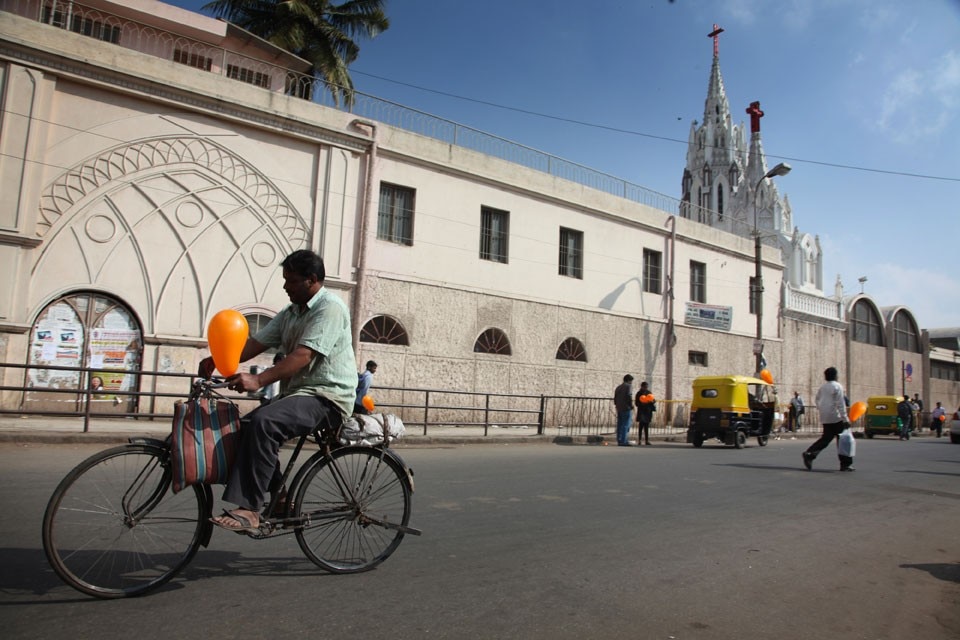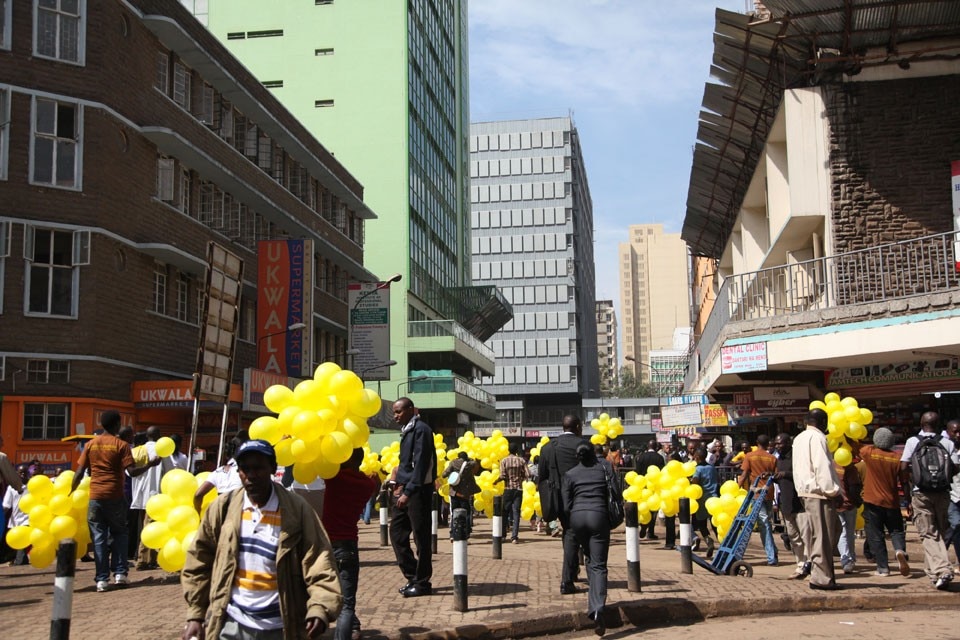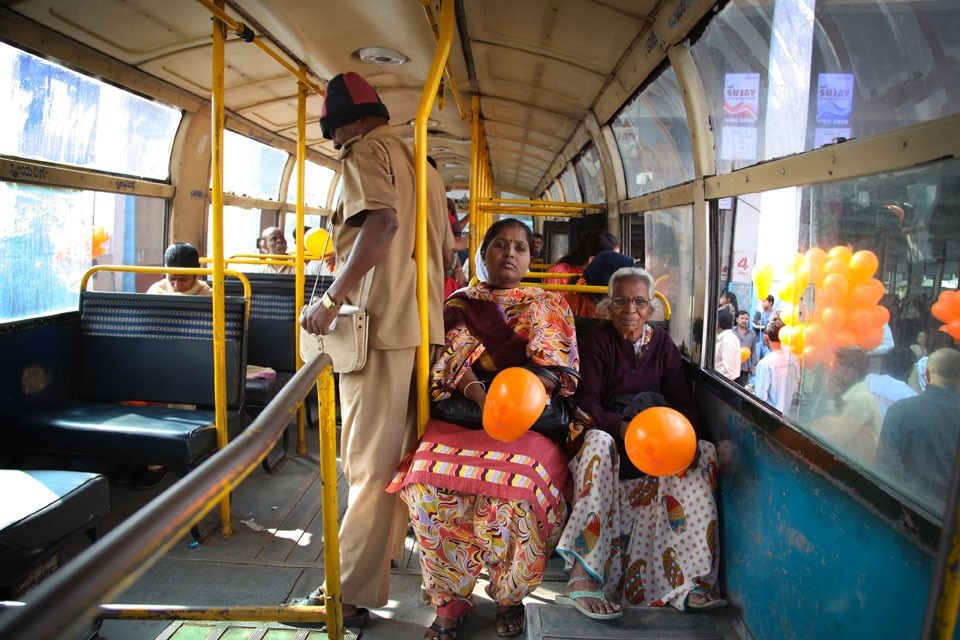Urban sociologist Janet Abu Lughod lists three elements that have historically contributed to shaping the Islamic city: the division between members of the local religious community and outsiders; the segregation of genders; and the absence of a legal system that determines land uses, thus leaving contrasts and negotiations to be dealt with at the neighbourhood level. The application and coexistence of these three elements in the process of city-building generate patterns of spatial organisation that are radically different from what may be understood as western norms, and their evaluation often brings about misunderstandings and misinterpretations.
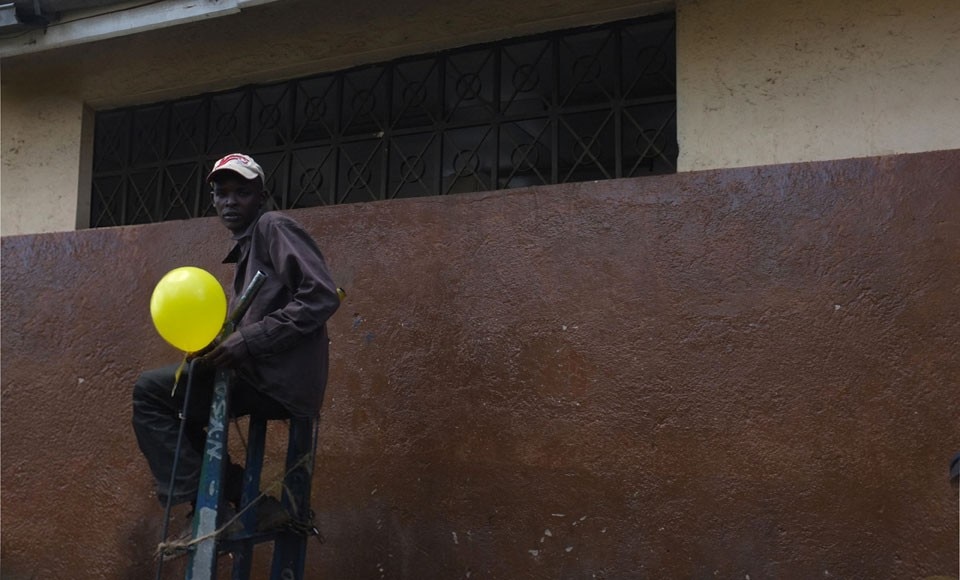
Artists have long since started negotiating with these complicated, and at times contradictory, notions. Questions of participation, accessibility, and openness are central to the conception of installations, happenings, and events that engage with the idea of public space. The scales and modalities of such artistic urban interventions vary in size and effectivity. From the wonderfully choreographed Seven Walks (2005) by Francis Alÿs to the provocations of Maurizio Cattelan — such as the untitled “installation” with three life-size children hanging from a tree in Milan (2004) — some artists have used the shared space of the city as a stage. City councils have often used the formula of public art to promote projects of urban beautification that reduce such concept to the placing of sculptures in roundabouts, suburban parks, or other underutilised spaces. Other artists, like Marjetica Potrč or Jeanne van Heeswijk, work on questions of place-making and strive to actively and creatively interact with the citizenship.
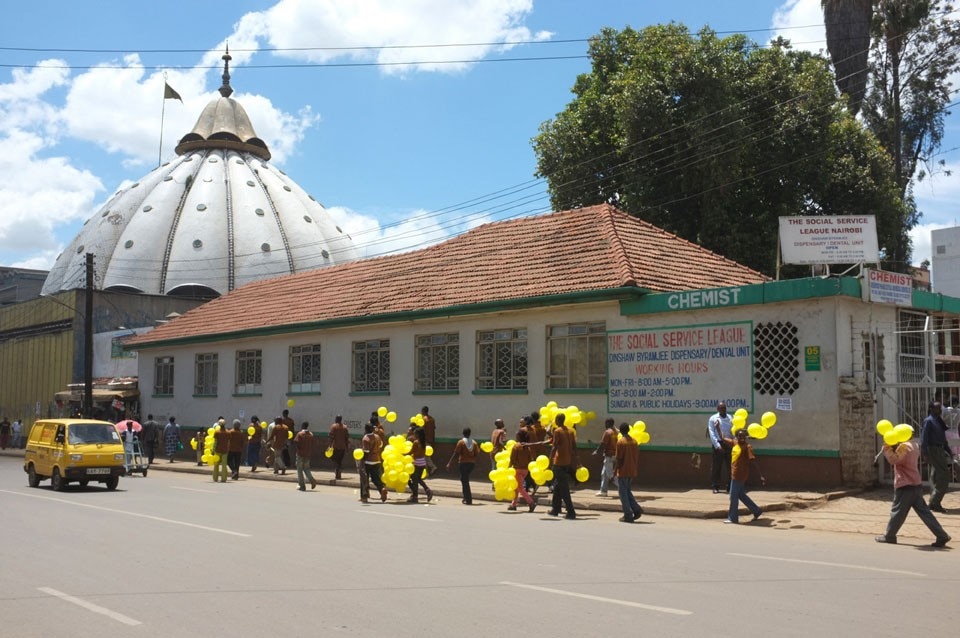
Trained as an architect, Arboleda recognises the complex essence of public spaces and their local declinations and his interventions — subtle and theatrical at the same time — insert the subversive element of the unexpected to unveil the forgotten beauty of ritualised habits. Monday Morning is a remarkable example of how the art of small and powerful gestures can reveal the hidden poetry of routine and normality.
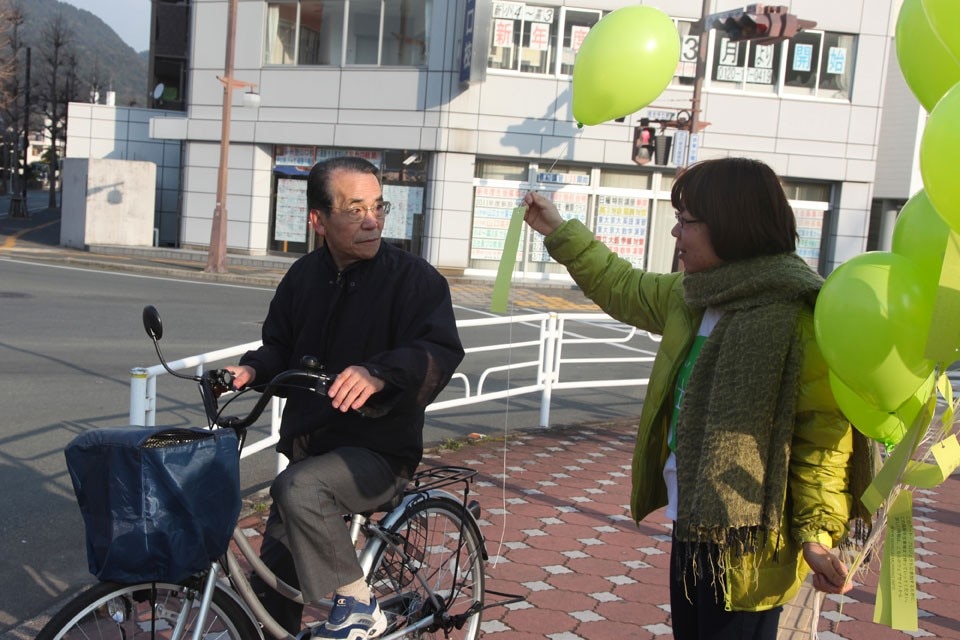
The next, daring, step in his journey in the Monday Morning series is Kabul: a place where the survival of public space is challenged by unending conflict, fear and minoritarian, yet radical, interpretations of Islam. On a Saturday morning — the day when the working week begins in Afghanistan — in April, Kabul will be filled with ten thousand pink balloons. Balloons of the colour that represents women and the feminine energy that risks to be overpowered by the violence of war. A network of local non governmental organisations — which include artists, women and human rights activists, and youth groups — will support the complicated logistics that such an operation would require in any case and even more so in a city where gatherings of large amount of people constitute a security threat.
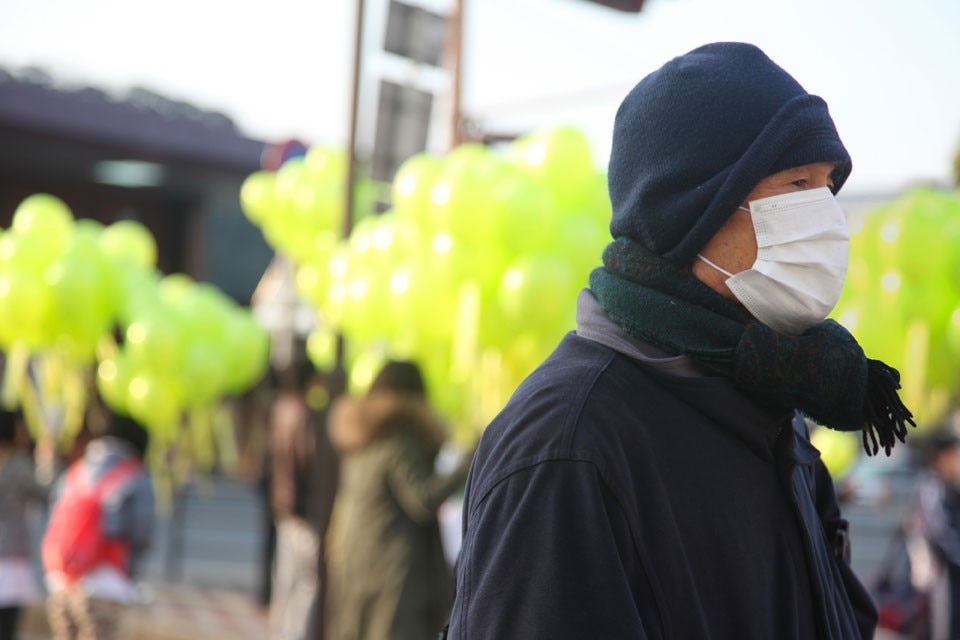
We Believe in Balloons, and the larger endeavour of the Monday Morning series, are a clever, transient interference in the finely negotiated balance the produces the daily reinvention of the city. Kabul will perhaps stop for a few minutes celebrating its "unbearable lightness of being". Francesca Recchia
